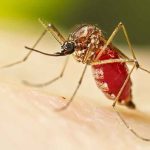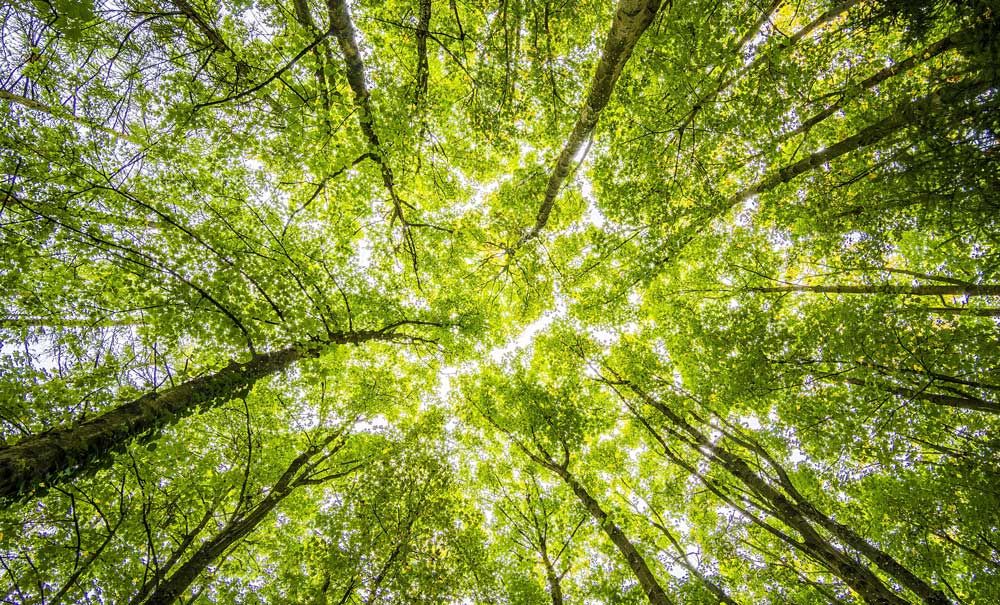
Dr N. Munal Meitei,
Environmentalist, email- nmunall@yahoo.in
The 24th October is the United Nations day which is responsible world peace, development and security with 193 member nations worldwide. Now for maintaining world peace and security, our most challenging task is the climate change. In this vast universe, the earth is the only livable planet. If we do not take action right now, then the beautiful hills, lakes, fields, meadows, forests and all living beings on this blue planet will be perished. Therefore, the celebration of International Day for Climate action on this UN day itself has the efficacy.
This day is celebrated to promote action against global warming and its effects. From 11 to 22 November, 2024 the member states and negotiators, along with climate activists will meet at COP29 in Baku, Azerbaijan for world’s largest annual gathering on climate action under the theme “In Solidarity for a Green World.” But in reality, are we actually getting the benefits and improvement from such International Meets? The United Nations itself was formed to prevent future wars and to maintain international peace and security. Thus, I always question, whether UN is really scrupulous enough to treat the climate change? Hope that COP29 may surely come up with some positive decisions for the people and planet.
We cannot let passivity condemn the planet to a path of no return. To ensure temperature not to exceed 1.5ºC at the end of the century, it is essential to generate agile and sustained large scale GHG reductions, a scenario from which we are still far from. Climate action failure is also perceived as one of the most important risks globally, in terms of severity and probability. IPCC proposed to cap global temperature to 1.5°C to 2°C by 2100 but as per IPCC WGI Sixth Assessment Report, the climate predictions may be 2.8°C to 6°C by 2100. This risk, together with the exponential increased in world population and industrialization, it’s essential to adopt without any alternatives to combat the climate change.
As predicted, the climate change will affect the security of nations as conflicts brew over competition for resources, water, food and land. Russian-Ukraine war which as per UN, 10 million Ukrainian populations have been declined and also the Middle East conflict have impacted both for the humanity and environment. The climate refugees migrating across borders is also a concern for many governments provoking the civil wars. Climate change will also have tremendous impact on social and cultural aspects of life.
Caring for the planet is the moral issue. Countries have recognized that climate change presents an ever growing threat to development, poverty and the welfare of the citizens. We have felt the increased temperature and frequent extreme climates like flood, drought, cyclone, earthquakes as compare to the before years. Temperature rising in the Arctic is 3 times the global average and climatic chaos are happening everywhere around the globe.
Climate change is impacting on all aspects of life and Eco-systems. More than 80% of Indians live in 340 districts vulnerable to climate risks. 17 in 20 people in the country are vulnerable and out of which every 5 Indians live in areas that are extremely vulnerable. Manipur ranks fourth in climate vulnerability index in the country. Noney and Chandel are the most vulnerable district in the state. The state is facing with climate disasters in all aspects such as temperature, rainfall, flood, cyclones, pollution, heat waves, fog intensity, soil erosion, insects and pets in the agricultural fields, diseases to poultry and animals husbandry and many more.
The Loktak Lake being the largest fresh water lake in North-east is deteriorating fast. Huge volumes of plastics are carried down by the Nambul River and due to indiscriminate felling in the catchments; huge siltation is going on in the Lake. The Lake is now swallowing with the highest speed that the current generation also may not even see the present Loktak Lake in the next 30 years or so.
In a land-lock state, around 4,09,725 vehicles registered till the end of fiscal year 2017-18. Present daily consumption of petrol and diesel in Manipur are around 300KL and 500KL respectively. We know, while 1 litre of petrol is brunt, 3 kilo moles of CO₂ are produced, then how challenging is our climatic conditions? Without a snow-fed River, the state is very prone to severe draught. Now the state has experienced all the adverse effects of climate change in the recent past.
The forest being the natural capital in a green economy is providing benefit to life and subsistence to mitigate the impacts of climate change. In the state, the rate of deforestation is overwhelming and is a serious issue. As per State Forest Report 2021, we lost 249 sq. km during 2019-21. Maximum felling are going on in the hill districts for Jhoom and mass poppy cultivation and the present crisis between the two communities also make us more worried. If the Govt. does not find out an alternative solution in the near future, then our rich forests might be diminished.
It is an undisputed fact that climate change is always interconnected with all environmental challenges. Climate changes everything including the human well-being. Therefore, for a better tomorrow, we have to combat climate change for the mother earth and the future generations.













